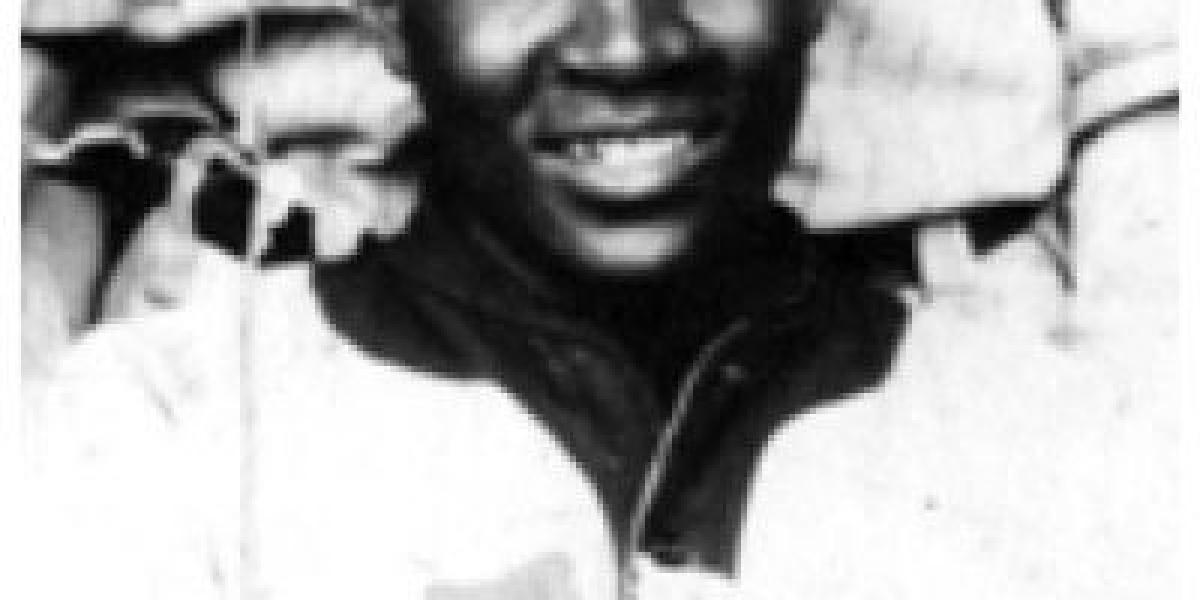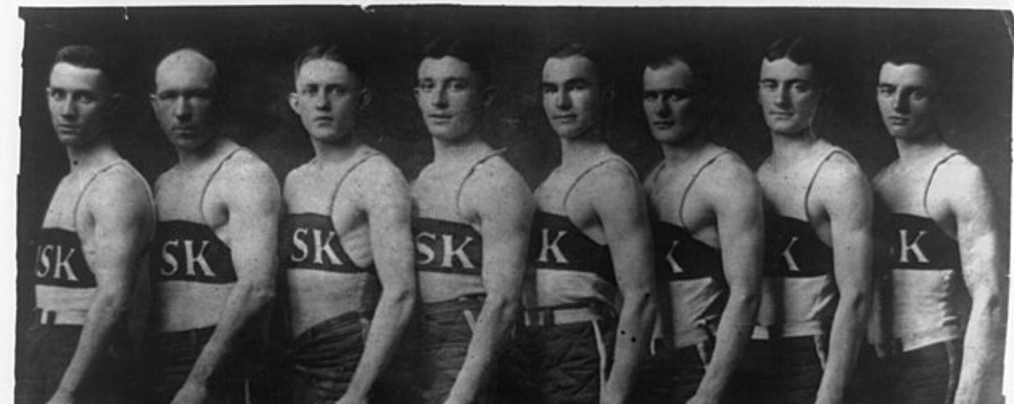Born in Texas in 1897 (or 1898, depending on the source), Cooper's baseball journey began with early struggles in the minor leagues. However, his talent and dedication shone through. He debuted with the Detroit Stars in 1920 and quickly became an elite pitcher. Unlike the lumbering lefties of the era, Cooper displayed exceptional agility, pinpoint control, and a knack for baffling batters with his curveball, fastball, and screwball. This unorthodox approach earned him the nickname "The Mystery Man" and made him a nightmare for opposing hitters.
Cooper's impact transcended his pitching prowess. He was a cerebral player known for his meticulous study of batters' weaknesses and ability to adjust his mid-game strategy. He embraced the "dead ball" era philosophy, focusing on control and precision rather than overpowering throws. This approach resulted in an impressive career ERA (Earned Run Average) of 3.58, a testament to his effectiveness.
Beyond his pitching brilliance, Cooper was a leader and a role model. He played a pivotal role in the growth of the Negro Leagues, inspiring younger players and advocating for increased recognition for the league. In 1937, he became player-manager of the Kansas City Monarchs, leading them to three Negro National League pennants.
Cooper's career spanned an impressive 22 seasons, during which he amassed a win-loss record of 118-57, a remarkable feat considering the grueling schedule of the Negro Leagues. He retired in 1941 and remained actively involved in baseball, sharing his knowledge and experience with aspiring players.
Despite his undeniable talent and contributions, Cooper's accomplishments remained largely unrecognized due to baseball's racial segregation at the time. However, his legacy wasn't forgotten. In 2006, he was elected to the National Baseball Hall Of Fame, solidifying his place among baseball's all-time greats.
Andy Cooper's story is not just about a dominant pitcher; it's about resilience, talent overcoming adversity, and a dedication to the game he loved. He redefined the lefty position, embraced innovation, and became a leader during a crucial period in baseball history. His induction into the Hall of Fame serves as a reminder of the incredible talent that thrived in the Negro Leagues and ensures that "Lefty" Cooper's legacy continues to inspire generations of baseball fans and players alike.





